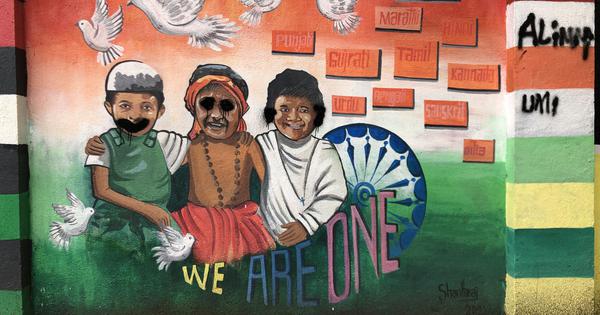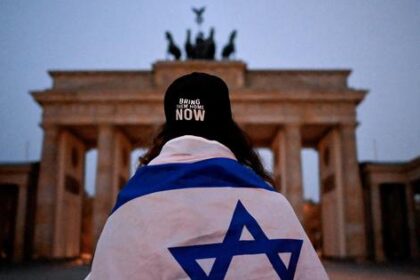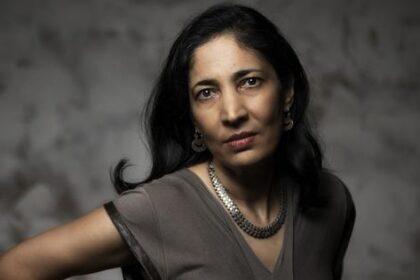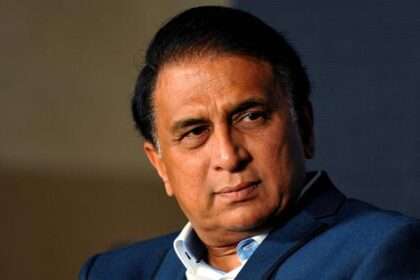Exploring the complexities of faith, identity, and secularism in contemporary India.
The words of a police constable in Madhya Pradesh provide a significant perspective during these polarised times. Virendra Ahirwar, the constable, recently spoke out regarding the arrest of Jabbar Khan, who faced allegations of forcibly converting people to Christianity during a prayer meeting. Ahirwar, who identifies as a Hindu, has embraced the teachings of Christ for eight years yet insists that his spiritual journey does not equate to a change in his religious identity. His assertion that following Christ’s teachings is a personal belief underscores a crucial nuance often overlooked in political discussions: adherence to a faith does not inherently erase one’s original identity.
This situation resonates deeply within the broader context of Indian society. It prompts reflections on personal experiences shared with my childhood best friend, Sarah, a Muslim who has been living in the United States for the past seven years. Our shared education in a Christian school often puzzled her American friends, who found it surprising that we participated in singing hymns and reciting prayers as part of our daily routine. In contrast to the secular environment in the U.S., where overt religious practices are frequently scrutinized, our experience felt entirely normal and unchallenged.
During my time in the school hostel, I actively engaged in religious activities, which transcended mere faith; they became avenues for community bonding and dialogue. Our exposure to diverse beliefs within the classroom fostered an environment of discussion, enriching our understanding without threatening our individual identities. This integration of various social backgrounds was a hallmark of education in the 2000s, a phenomenon increasingly rare in adult public spaces today.
Reflecting on India’s secular tradition, it is evident that it is intricately linked to the nation’s historical journey. The landmark 1994 SR Bommai ruling by the Supreme Court, which affirmed secularism as a fundamental aspect of the Constitution, reinforces this sentiment. Indian secularism often extends beyond mere neutrality, thriving in shared cultural practices and festivals. It celebrates the fluidity of identities, enabling communities to engage in collective rituals without necessitating the abandonment of their original faiths.
Numerous instances illustrate this spirit of inclusivity. For example, during Ganesh Chaturthi, the procession of Lalbaugcha Raja traditionally pauses at Hindustani Masjid in Byculla, where the local Muslim community welcomes it with flowers. Such traditions highlight that social acceptance of pluralism persists in India. Furthermore, the economic landscape reflects this inclusivity, as Christmas sales in India rival those of Diwali, despite Christians constituting only about 2.5% of the population.
However, recent events have raised concerns about the growing restrictions on pluralism. Reports indicate that certain Garba events during Navratri in Madhya Pradesh, Chhattisgarh, and Maharashtra have limited entry to non-Hindus, with some venues requiring Aadhaar cards for admission. This trend raises questions about the political narrative surrounding pluralism, often misrepresented as coercion to convert. It prompts a deeper inquiry into why a society historically characterized by hybrid identities and shared celebrations now exhibits apprehension towards openness. Ahirwar’s remarks remind us that embracing teachings from various faiths does not necessitate the rejection of one’s original beliefs. The pressing question is not whether faith is being imposed, but rather why the acceptance of multiple beliefs is perceived as a threat in contemporary discourse.








